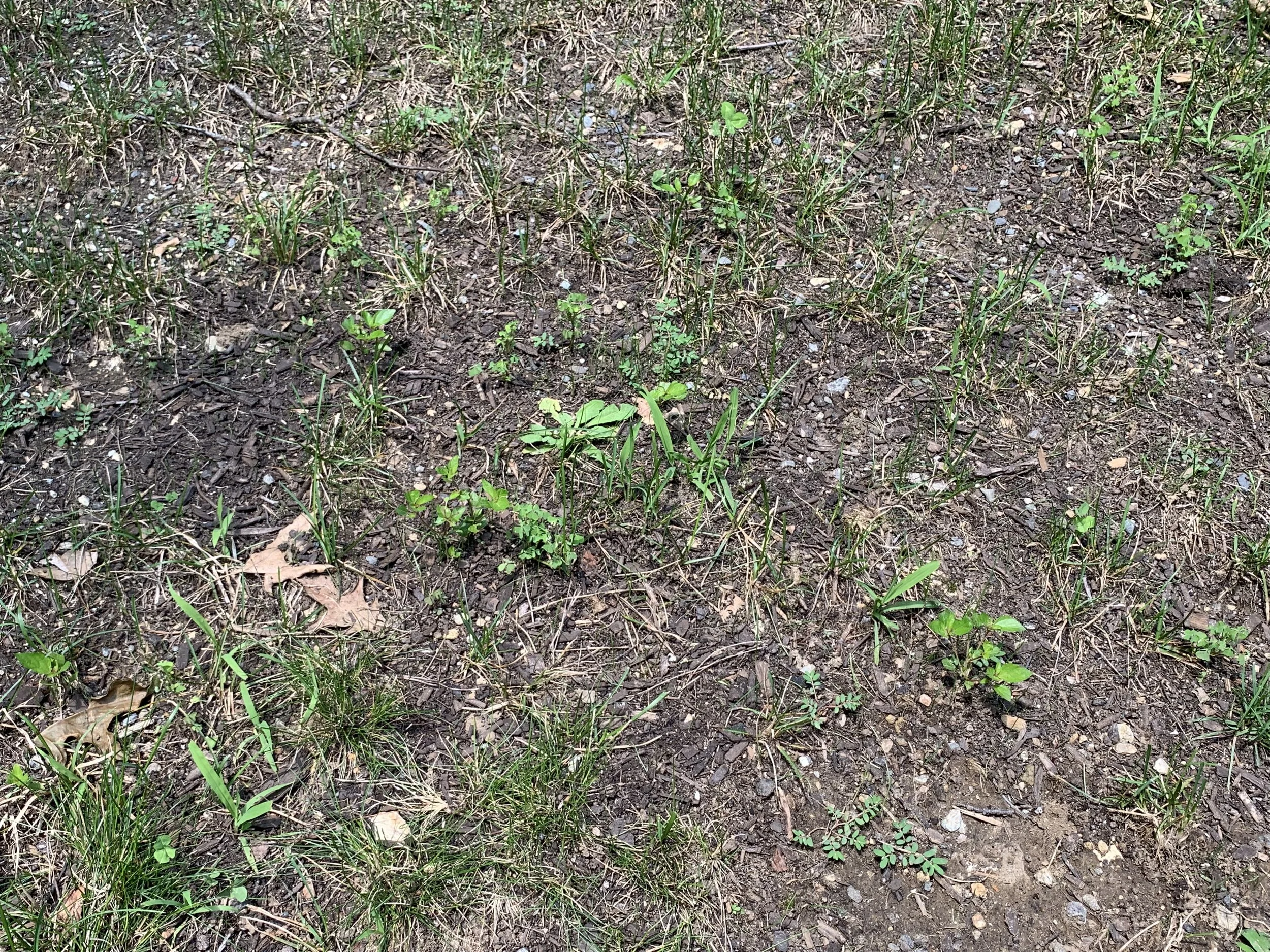Landscape Compost Techniques and Uses.
During the Summer season, months of compost accumulated is often usable for garden application, presenting a landscaping opportunity for gardeners and a source of possible confusion for novices in environmental landscaping. To best utilize compost for gardening, various factors must be considered, including the soil, the plants, and what type of compost can be produced from the household waste available.
The most common use for compost in the garden is in soil revival; in theory, a healthy compost can add significant nutritional benefit to garden soil, with any deficiencies in the soil being improved by the addition of compost. To ensure that compost does improve the soil, determining the characteristics of the compost is of importance; compost with greater degrees of so called “green matter” will contribute a greater degree of nitrogens, while compost with a greater degree of “brown matter” provide more carbon. A soil test to determine what deficits exist can allow for mixing of the ratios of composts for the best results.
An in vessel compost bin for residential use is adequate for most quarter acre suburban lots.
Timing, and a matter of when the compost will decompose fully in the soil is also a consideration, as larger globules of compost generally take longer to fully dissolve into soil, and subsequently provide full benefit. Some automatic, electric compost units will pulverize compost to an extent during the cooking process. However, manual, in vessel compost bins, such as the unit pictured above, as well as outdoor bins and piles, will not naturally create uniform sizes for compost; if a shorter run cycle for added plant nutrients is desired, compost from more traditional bins and vessels can be reduced in size by either eliminating more difficult items to decompose and or by manually grinding the compost as required.
In the end, composting entails many uses in landscaping and gardening, and when adequately knowledgable, one can utilize it with noticeable benefit.

